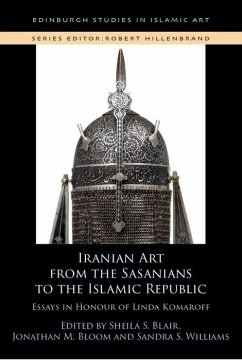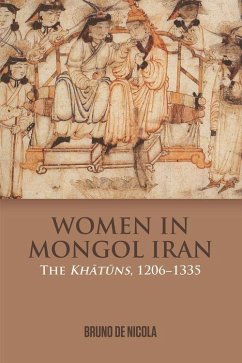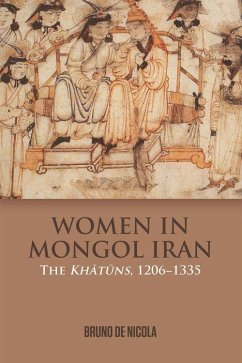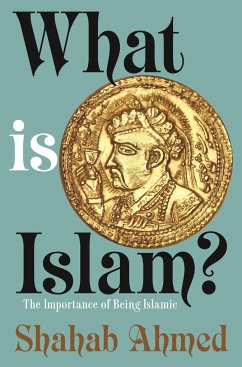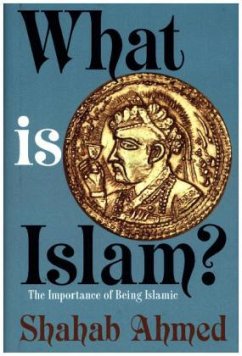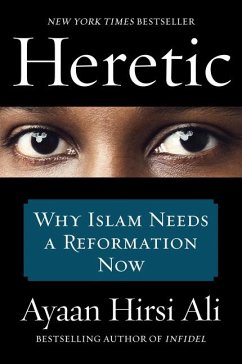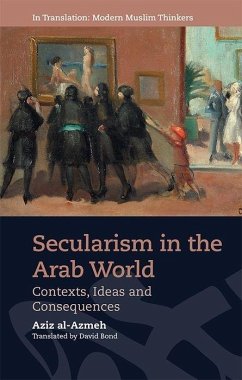
Human Rights and Reformist Islam
Versandkostenfrei!
Versandfertig in über 4 Wochen
122,99 €
inkl. MwSt.
Weitere Ausgaben:

PAYBACK Punkte
61 °P sammeln!
A translation of the influential collection Haqq al-nas which argues for the compatibility of human rights and Islam Human Rights and Reformist Islam critiques traditional Islamic approaches to the question of compatibility between human rights and Islam, and argues instead for their reconciliation from the perspective of a reformist Islam. The book focuses on six controversial case studies: religious discrimination; gender discrimination; slavery; freedom of religion; punishment of apostasy; and arbitrary or harsh punishments. Explaining the strengths of structural ijtihad, Mohsen Kadivar's a...
A translation of the influential collection Haqq al-nas which argues for the compatibility of human rights and Islam Human Rights and Reformist Islam critiques traditional Islamic approaches to the question of compatibility between human rights and Islam, and argues instead for their reconciliation from the perspective of a reformist Islam. The book focuses on six controversial case studies: religious discrimination; gender discrimination; slavery; freedom of religion; punishment of apostasy; and arbitrary or harsh punishments. Explaining the strengths of structural ijtihad, Mohsen Kadivar's approach is based on the rational classification of Islamic teachings to temporal and permanent on the one hand, and four criteria of being Islamic on the other: reasonableness, justice, morality and efficiency. In the book, all of the verses and Hadith that are problematic in relation to human rights are abrogated rationally according to these criteria. The result is a powerful, solutions-based argument based on reformist Islam - providing a scholarly bridge between modernity and Islamic tradition in relation to human rights. Key Features ¿ Written by an original and prolific intellectual of the Iranian reform movement ¿ An extensive new introduction and annotations throughout the text from Mohsen Kadivar bring the work up-to-date and place it in its academic and public contexts ¿ A preface by Professor Mirjam Künkler explains the importance of the translation and the value of its contribution to current scholarly debate ¿ Critically compares Mohsen Kadivar's approach to Islam and human rights with those of five leading contemporary scholars: Mahmoud M. Taha, Abdullahi A. an-Na'im, Ann E. Mayer, Mohammad M. Shabestari and Abdulaziz A. Sachedina ¿ Includes a glossary of key terminology




